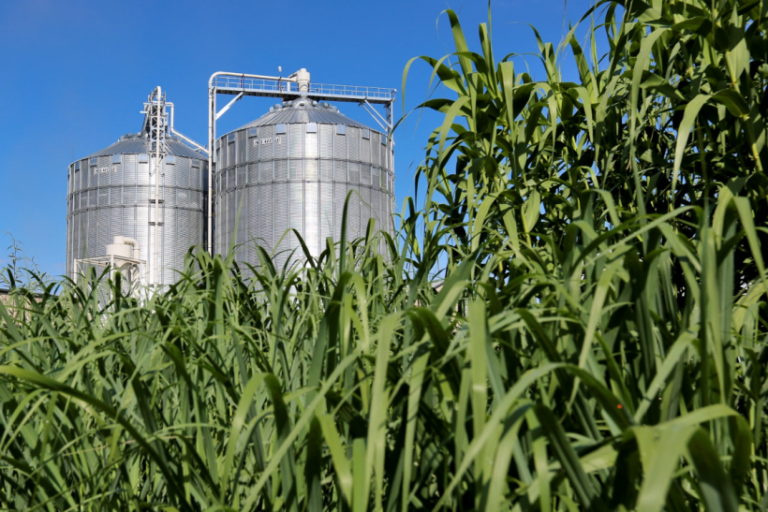Despite being promoted as a solution for the energy transition based on a “people’s economy”, the wood biomass industry is dominated by a conglomerate of old oligarchs already rich from fossil energy and the exploitation of Indonesia’s forestry industry, Trends Asia recently reported.
Trends Asia is an independent civil society organisation acting as a catalyst for energy transition and sustainable development in Asia.
“Even the supply chain is dominated by financiers and entities with ties to coal-fired power plants. Biomass development is not about supporting the clean energy transition or supporting the national economy. It’s a cheap solution to increase the renewable energy mix in a math game.”
“They are leveraging forestry development infrastructure and systems that are familiar to Indonesia’s oligarchs,” Amar’ya Reza, program manager for Trends Asia, said on Monday (June 24, 2024).
The government is developing a program called “co-firing” to replace some of the coal burned in coal-fired power generation projects with biomass. The co-firing program is
There are 52 coal-fired power plants across Indonesia. The co-firing program consists of 10% biomass and 90% coal. With the 10% allocation, Indonesia needs 10 million tons of biomass by 2025.
According to Amalya, the biomass plan is also closely linked to the interests of the fossil energy industry, especially coal, as a facade effort to make coal-fired power plants look green. Coal-fired power plants use biomass as a facade effort to create an image of clean energy and delay phasing out. Biomass is a false solution to the energy transition that is misleading Indonesia in a critical process of combating climate change, and it must end.
Amalya Reza said based on Trend Asia data, companies benefiting from the government’s biomass programme fall into two categories.
First, there are forest managers with ties to large conglomerates. Trend Asia identified various companies involved in managing energy timber plantations. Trend Asia identified companies registered with the Productive Forestry Enterprises Bureau of the Ministry of Environment and Forestry as multi-company energy forestry companies, which were found to be under the umbrella of large forestry conglomerates.
These include the Sampoerna Group, Medco Group, Jhonlin Group, Korindo Group, Sinarmas Group, Wilmar Group and Barito Pacific Group.
The second category, according to Amarya Reza, are forest managers associated with state-owned enterprises, including Perkhtani and Inkhtani.

